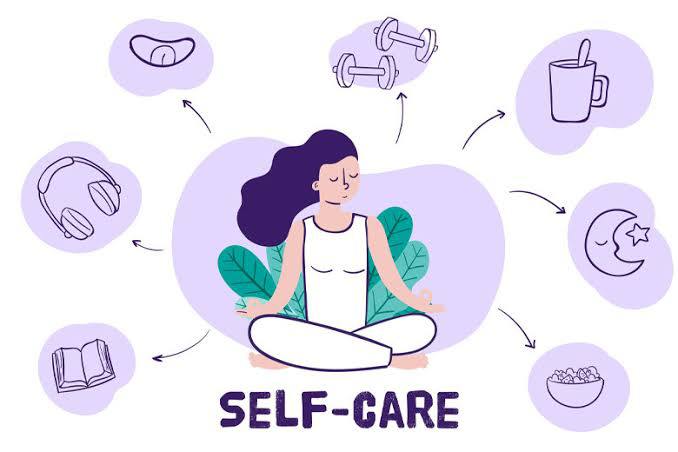
The body’s reaction to obstacles and expectations is referred to as stress. There are healthy methods to deal with stress, whether it be positive or bad.
What exactly is stress?
The body’s response to a challenge or demand is stress. Everyone is subject to stress, which can be brought on by a variety of events ranging from little irritations to big life changes such as divorce or job loss. Physical components of the stress response include increased heart rate and blood pressure, as well as thoughts and personal ideas about the stressful experience, as well as emotions such as fear and rage. Although we frequently associate stress with unpleasant events, it can also result from positive developments in your life, such as a job promotion or the addition of a new family member.
How can we deal with stress in a healthy manner?
Stress has a critical function in our lives: it allows us to react swiftly to challenges and avert danger. Long-term stress, on the other hand, can cause mental health issues (such as anxiety and depression) as well as physical health issues. Increased stress levels, according to a substantial body of research, interfere with your ability to manage with physical sickness. While no one can completely escape stress, you can learn to manage it in healthy ways that can help you recover faster.
To improve your health, eat and drink the right things.
Some people try to relieve stress by drinking too much alcohol or overeating. These acts may appear to help in the short term, but they may actually increase stress in the long run. Caffeine can amplify the negative consequences of stress. Stress can be alleviated by eating a healthy, well-balanced diet.
Exercise on a regular basis.
Exercise has been demonstrated to be a potent stress reliever in addition to its physical health advantages. Set fair goals for yourself and choose non-competitive aerobic exercise, weightlifting, or movement exercises like yoga or Tai Chi. Endorphins—natural compounds that help you feel better and keep a pleasant attitude—have been demonstrated to be released during aerobic exercise.
Tobacco and nicotine products should be avoided.
Nicotine users frequently refer to it as a stress reliever. Nicotine, on the other hand, causes the body to become more stressed by increasing physical arousal and decreasing blood flow and respiration.
Relaxation techniques should be studied and practised.
Taking time to relax every day can help you manage stress and protect your body from its negative consequences. Deep breathing, visualisation, gradual muscle relaxation, and mindfulness meditation are just a few of the approaches available. There are a plethora of online and mobile apps that offer assistance on these tactics; while some need a payment, the most are free.
Hope it Helps!

